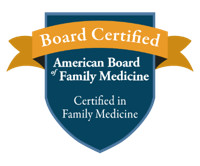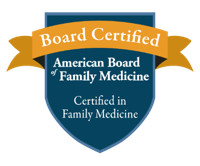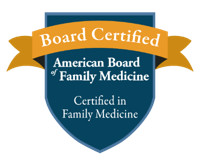Defining Emergency
StorytellERdoc
JULY 10, 2014
I originally wrote this piece in December, 2010. Several patients with chest pain (one requiring immediate catheterization), two patients with respiratory distress (one from skipping dialysis and one from a COPD exacerbation), and three patients from a motor vehicle collision presented almost simultaneously to our ER.











Let's personalize your content